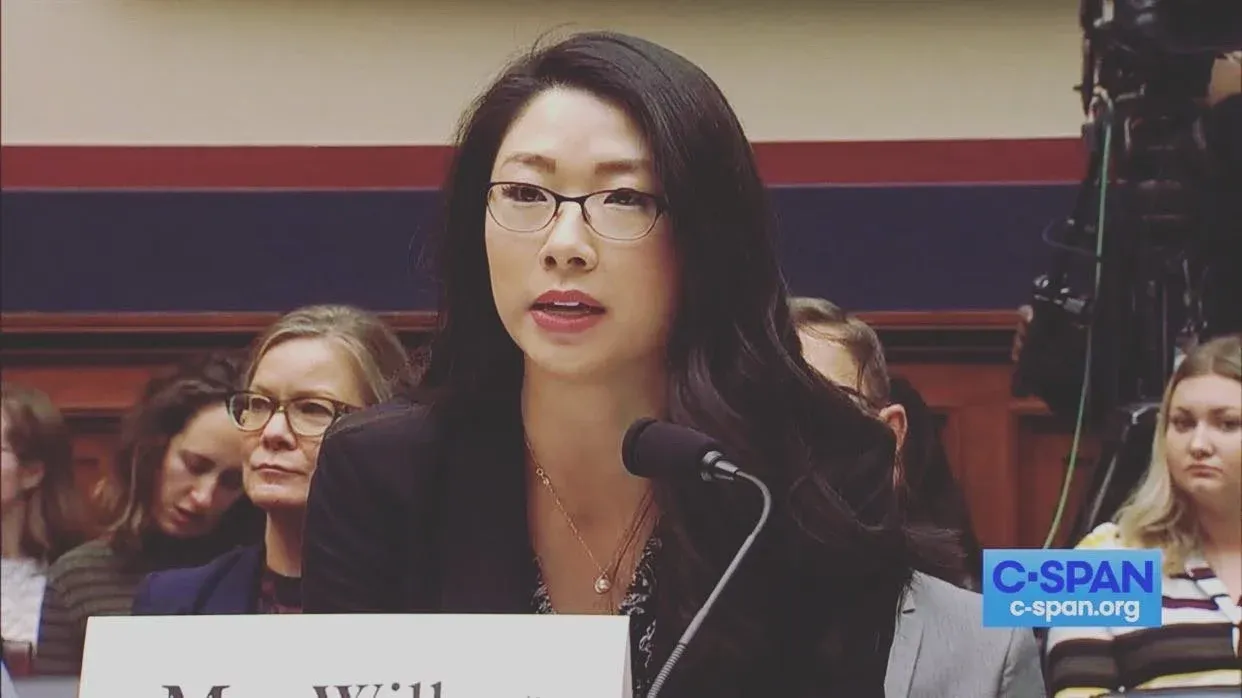Louisville's most important elections are also its most ignored





Now, a new political group- Louisville Judges Watch- aims to tackle what organizers see as a significant barrier to informed voting in judicial races.
"I'm Shay McAlister, and this is Shay Informed: an independent, ad-free platform dedicated to honest journalism with compassion and clarity.
Are you new here? Sign up for the free newsletter or subscribe to support our mission.
Every day, judges in Louisville make decisions that directly shape residents' lives. They determine whether violent offenders return to the streets or remain behind bars. They decide custody arrangements that affect children's futures. They oversee civil disputes that can make or break local businesses. Yet despite wielding this extraordinary power over public safety and community welfare, judges often reach their positions through elections where voter participation plummets and candidate information is virtually nonexistent.
While voters carefully research presidential candidates and closely follow mayoral races, judicial contests typically appear at the bottom of ballots as an afterthought. The result is a troubling paradox: the officials making some of the most consequential daily decisions in Louisville are elected by the least informed segment of the electorate, if they're actively chosen at all.
This disconnect between the critical importance of judicial positions and voters' ability to evaluate candidates has prompted the creation of Louisville Judges Watch, a new nonpartisan organization launched to provide voters more information about judicial candidates in Jefferson County elections.
Louisville Judges Watch spokesperson Iris Wilbur Glick says the group aims to tackle what organizers see as a significant barrier to informed voting in judicial races. Unlike high-profile partisan elections that receive substantial media coverage and campaign funding, judicial races in Kentucky are nonpartisan and typically operate with minimal public exposure.
"For your average person, it just seems so inaccessible, so intimidating," Wilbur Glick explained. She noted that while legal professionals have networks they can tap for information about judges and candidates, ordinary citizens often lack access to reliable sources about judicial records and qualifications.
Jefferson County has approximately 39 judicial seats across district, circuit, and family courts. District judges serve four-year terms, while circuit and family court judges serve eight years. The sheer number of races, combined with limited candidate information, creates what the organization describes as an information vacuum.

The group points to significant "ticket drop-off" in judicial races, where voters who participate in high-profile contests at the top of the ballot skip judicial elections further down. This pattern reflects not voter apathy, but rather the lack of accessible information needed to make informed choices.
204,131 people voted in the 2023 general election, according to records kept by the Jefferson County Clerk. 154,761 voted in the Family Court judge race on that ballot, meaning about 50,000 skipped the ballot question all together.
"When you compare our nonpartisan races to the top of the ticket, those races are partisan. There's lots of campaign dollars spent on getting the word out," Wilbur Glick said. "You compare that to down the ticket our judicial races... You don't see a judicial race that's spending $1.5 million on TV ads."
The organization also notes that many voters are unaware of basic facts about judicial elections, such as term lengths and election cycles.

Louisville Judges Watch operates as a 527 independent expenditure committee under IRS designation, meaning it can support or oppose candidates but cannot coordinate directly with campaigns. The nonpartisan structure reflects the nature of judicial races themselves.
Wilbur Glick told me the organization plans to provide comprehensive information that helps voters understand candidates' backgrounds and qualifications. "You're not going to see Louisville Judges Watch produce a rigid criteria or rubric that attempts to box in judges or their records," she explained.
The group intends to engage various stakeholders, including legal professionals, victims' advocates, and community members who interact with the justice system in different capacities. This input will help guide how the organization presents information to voters.
The launch of Louisville Judges Watch has generated both support and some concerns within the legal community. Some judges have expressed worry about being categorized in oversimplified terms, such as "lenient on crime" or "tough on crime."
Wilbur Glick said she welcomes dialogue with current and retired judges, emphasizing that increased voter participation serves the community's interests. "If we create more opportunities for voters to engage, it serves our community well," Iris stated. "It should not be a select few that's actively involved in the decisions, and judges have the responsibilities and the powers that they have."
Louisville Judges Watch joins efforts in communities nationwide to increase transparency and voter engagement in judicial elections. Different states handle judicial selection through various methods, including partisan elections, nonpartisan elections, gubernatorial appointment, and merit selection systems.
The organization's emergence follows community discussions about public safety and accountability that intensified after an August 8th incident that elevated local conversations about the judicial system. However, organizers stress that their mission focuses on providing information rather than promoting specific judicial philosophies.
The group particularly wants to hear from crime victims and advocates who may feel disconnected from the political process. "We want to lift up victims and their stories in ways that they feel comfortable with," Iris said.
As Louisville Judges Watch prepares for the 2026 election cycle, the organization faces the practical challenge of translating its mission into effective voter education. The group must determine which of the 39 potential judicial races to focus on and how to present complex information about candidates in accessible ways.
Candidate filing for the 2026 election cycle has not yet opened, giving the organization time to develop its approach and build resources. The group's activities will depend on which races are contested and how many candidates file.
In nonpartisan judicial races, if multiple candidates compete for a single seat, the top two vote-getters in the May primary advance to the November general election. Louisville Judges Watch expects to be active during both election cycles, potentially endorsing candidates and providing comparative information.
The organization's success will ultimately be measured by whether it achieves its stated goal of increasing informed voter participation in judicial elections. For a community grappling with questions about public safety and judicial accountability, Louisville Judges Watch represents one approach to bridging the gap between citizens and the judges who make decisions affecting their daily lives.
The group encourages community members to visit their website to learn more, share their experiences, or contribute to the organization's efforts ahead of the 2026 judicial elections.
Like what you see? Learn more about Shay Informed here! This is honest journalism with compassion and clarity.